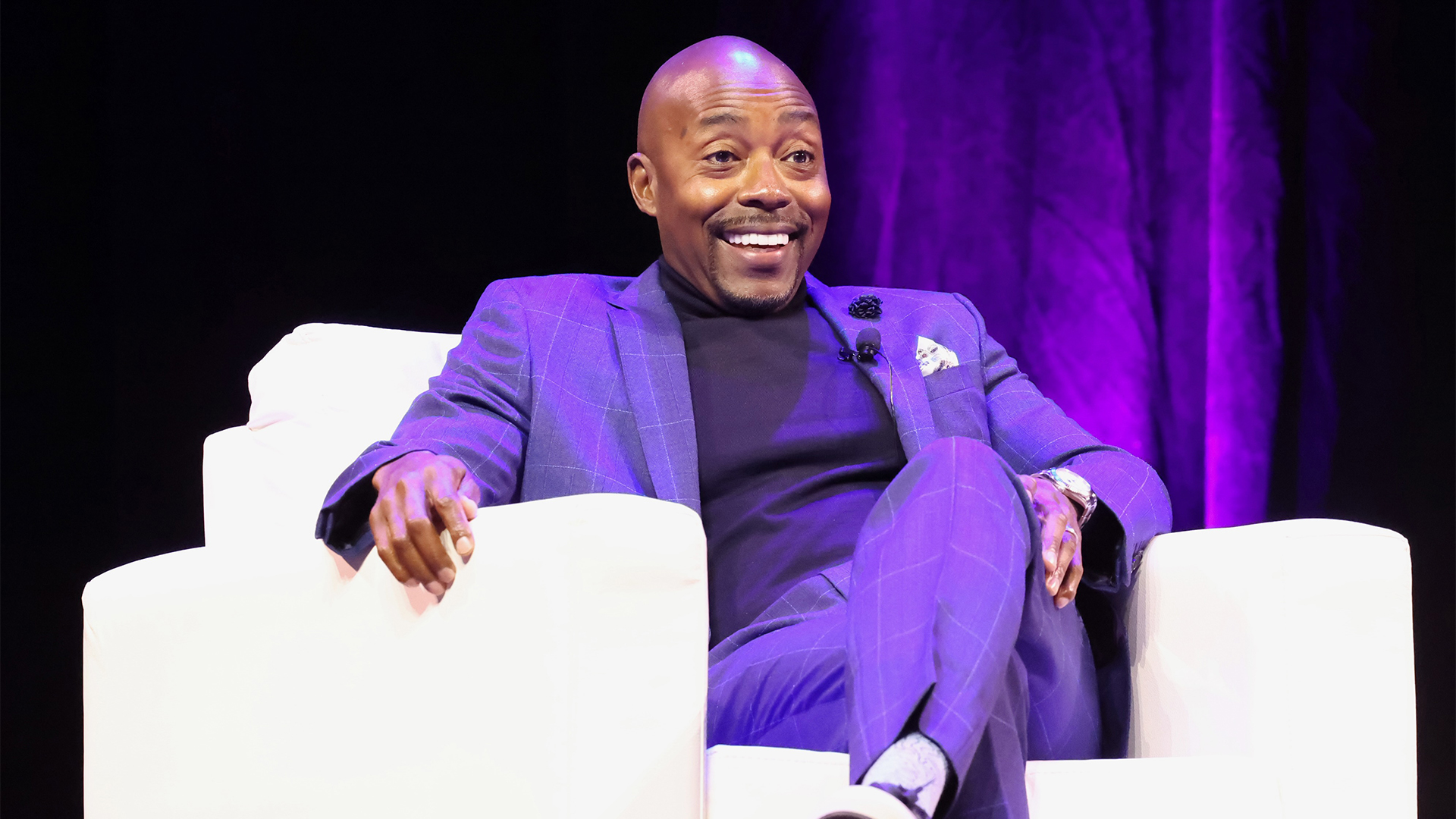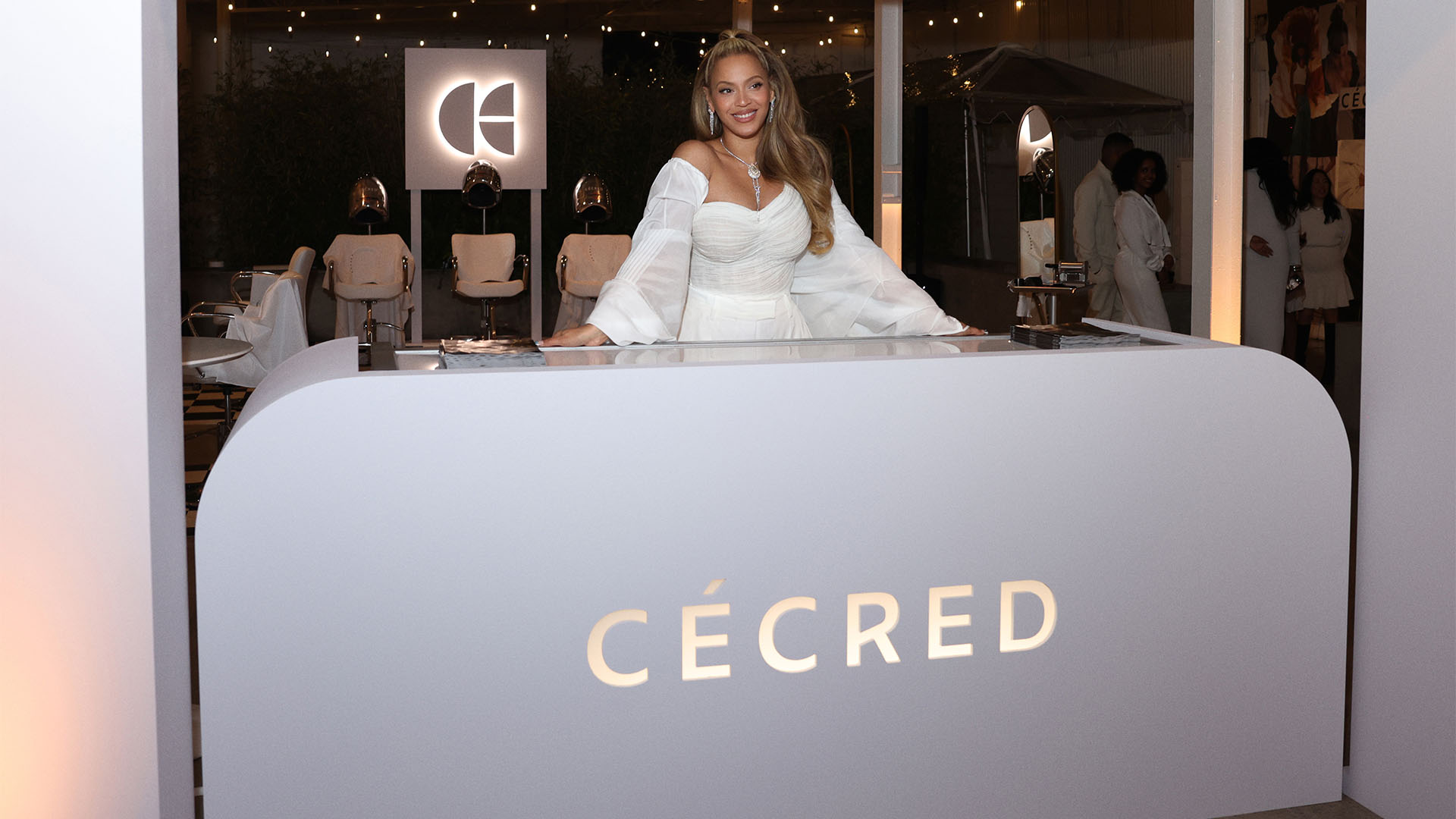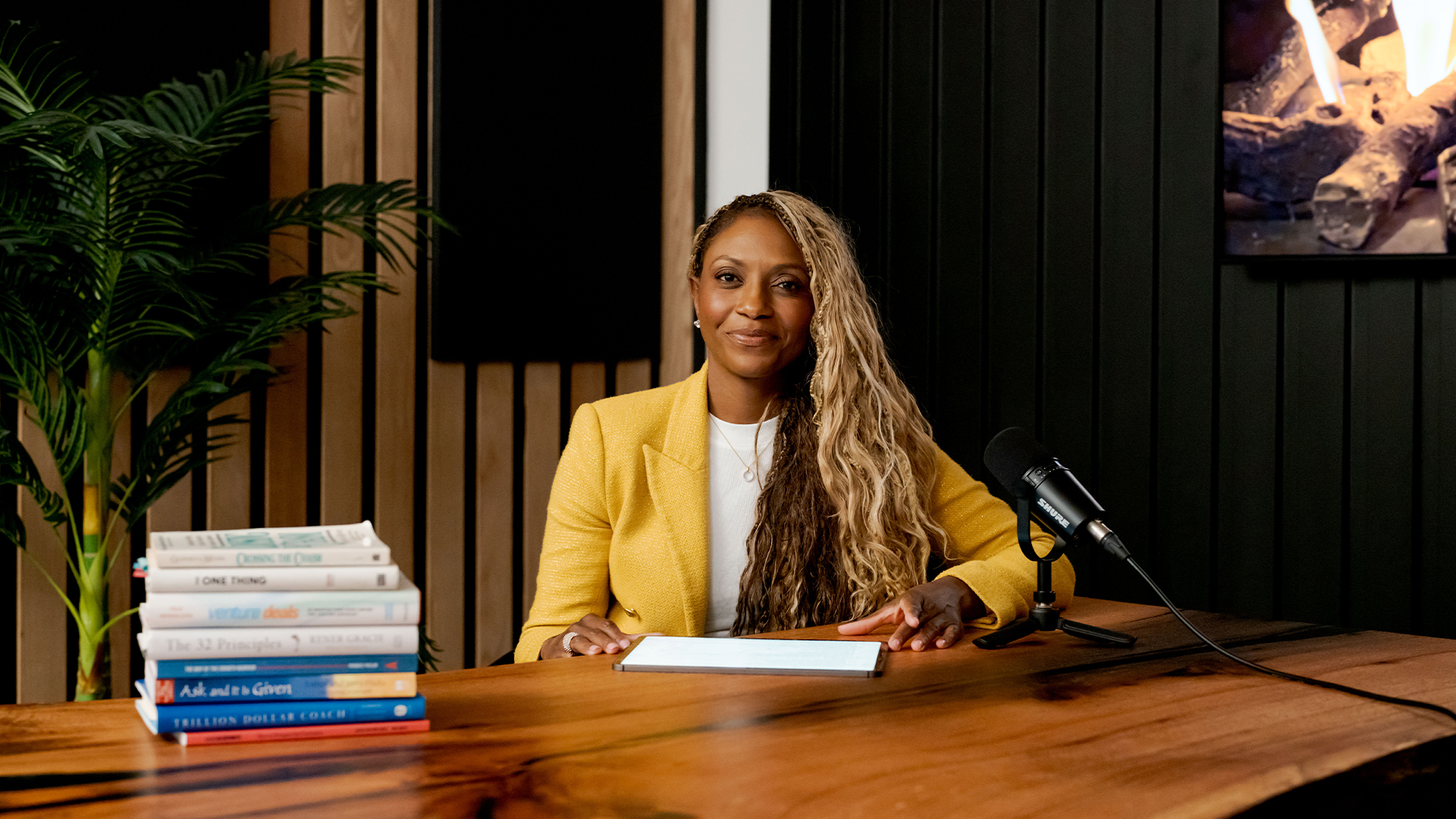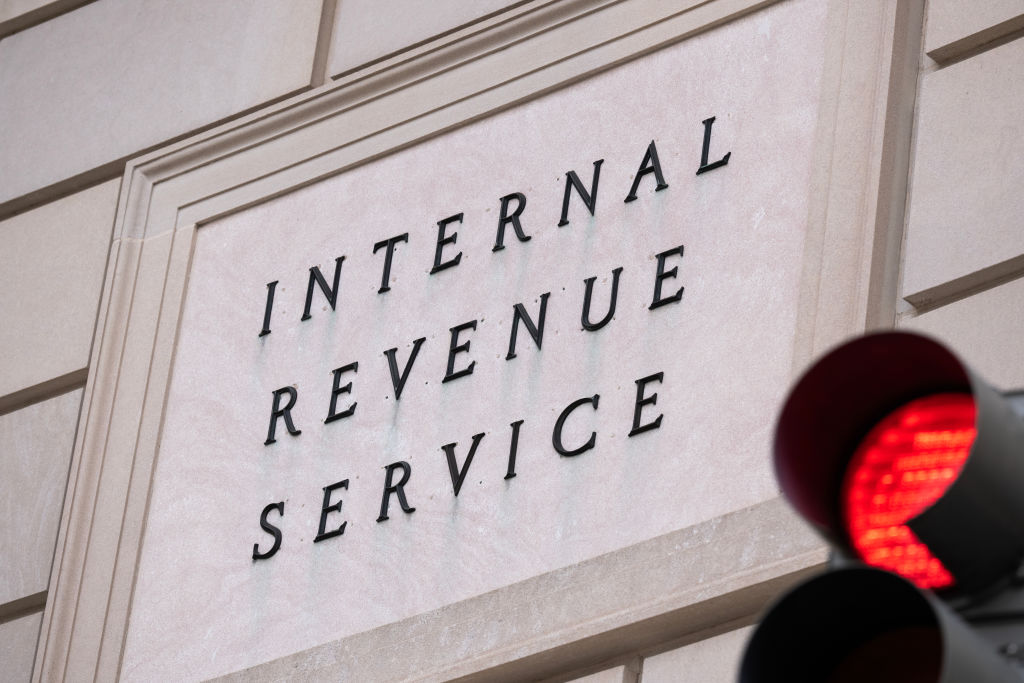Americans are exposed to countless ads every day. Whether it’s on phones, televisions, or computer screens — advertisements have been woven into just about every aspect of our daily lives.
Usually, ads generate revenue for the platforms displaying them and the companies creating them. Entrepreneur Vernell Woods envisions a world where users are paid for the advertisements they see.
His company, Moolah Mobile, uses money generated from ads to help cell phone users from low-income communities pay their cell phone bills. Currently, the platform is only available for Android phones. Each month, Moolah users can nix off more than $25 off their phone bills just by looking at ads on their phone.
Here’s how it works: Users download the app to their phones and advertisements are presented on their home screens. In addition to ads, Moolah also pushes out surveys for users to complete, which they are also compensated for. The income from the ads later subsidizes the cost of their phone. Users can also use the money to make purchases on Amazon or redeem gift cards.
“Right now, this product in its initial phase is focused on helping low-income communities without having to change their phone habits,” Woods told AfroTech.
For users who want to use the ad money for their bills, they have the option to enroll in an autopay system.
Woods came up with the idea for his company after learning about Lifeline, a federal program that helps low-income phone users pay their bills. Woods wanted to create mobile phone subsidies without strict government regulations.
The Atlanta-based startup launched in 2016 and is backed by rapper T.I., who has been growing his portfolio as an investor. Earlier this year, T.I. launched investment-syndicate Tech Cypha, which funds early, growth and late-stage startups. Although Moolah is not a part of the fund, they benefit from having T.I. cosign their technology.
“I decided to become an investor in Moolah Mobile because it’s one of the few tech companies I’ve seen who truly want to help everyday people have access to technology,” T.I. said in a statement.
Woods said that T.I. has been a longtime supporter of Moolah.
“He helps us really understand the market and helps us reach our target customers,” Woods said.
Moolah recently partnered with SurgePhone Wireless, a phone company servicing people with unlocked, T-Mobile compatible phones. The deal will see Moolah’s product automatically downloaded to several Android phones. SurgePhone’s parent company, Surge Holdings, Inc., has made similar efforts to bring technology to low-income areas by offering solutions to the unbanked and underbanked communities. Woods expects Moolah’s user numbers to grow significantly within the next month thanks to the partnership with SurgePhone.
Moolah’s other products include Moolah Pay, which allows users to purchase items at local businesses through the app. Moolah is currently working to partner with small businesses, gas stations and restaurants to offer its users more ways to purchase products.
Moolah’s business model of using ads to directly pay users is part of a larger trend being used across the tech industry.
Oakland Raiders running back Marshawn Lynch, for example, launched Beast Mobile in 2018. The platform allows users to earn credits by engaging in surveys, watching videos, and playing games.
A similar model is also being used in entertainment. Recently, MoviePass co-founder Stacy Spikes launched a GoFundMe campaign for his newest Venture PreShow, a platform that allows customers to use income from ads to offset the cost of movie tickets.
The concept of paying people for the eyeballs they put on ads is an innovative one, and if companies like Moolah succeed, it could make waves across the industry.
What’s next for Woods? According to Hypepotamus, he’s looking to raise a $5 million seed round.
















